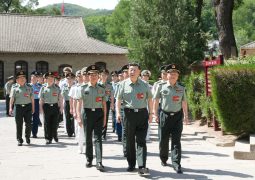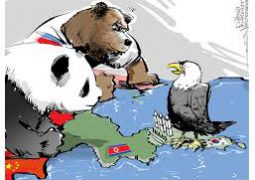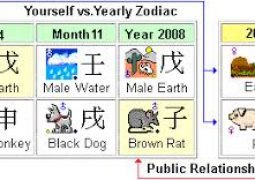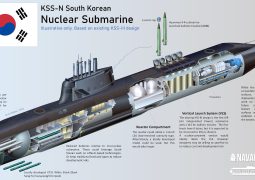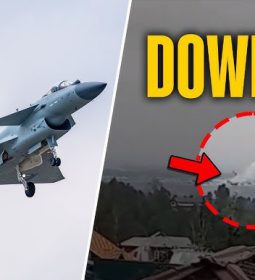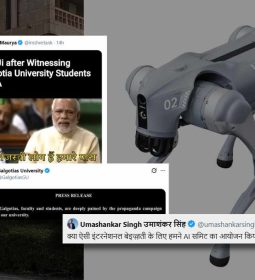As NATO disengages… Opinion from Turkey

By Hakki Ocal
NATO leaders are going to meet next week near London. The occasion is the 70th birthday of the alliance, and, accordingly, the secretary-general has been looking into geriatrics books lately and searching for ways and means that will rejuvenate the old body.
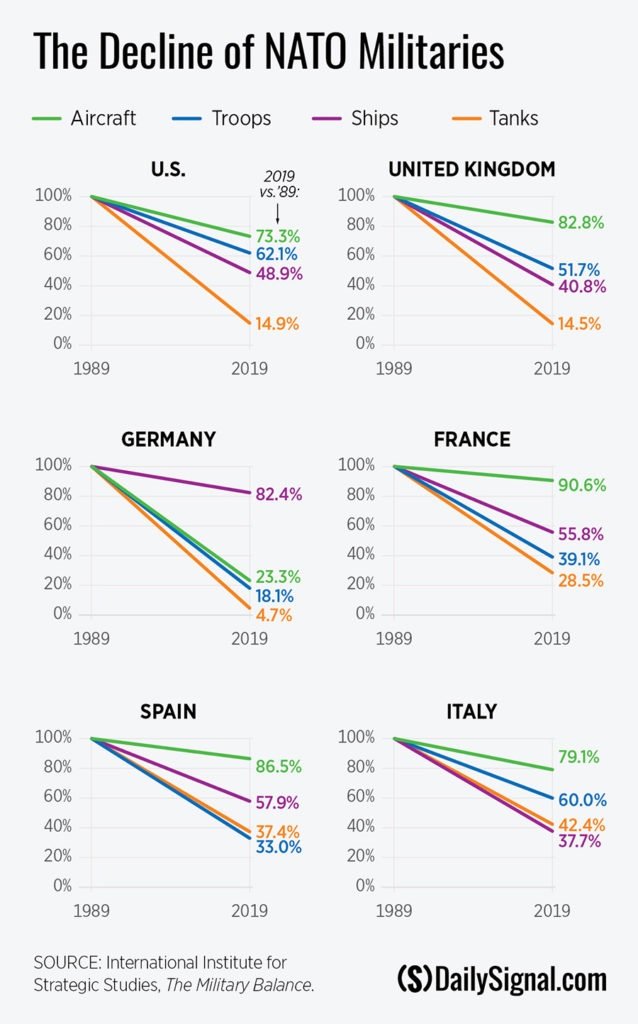
Older bodies do not need rejuvenation; specifically in the corporate world, old age is preferred. Yet, especially after the demise of the Soviet bloc, NATO has been sensing herself to be close to a similar fate. Appropriately, the alliance declared the theme for this summit as “NATO engages: Innovating the Alliance.” In their press release they say that this past year has served to honor NATO’s achievements, and “to round off this historic year, the NATO leaders jointly assess challenges and opportunities and highlight NATO’s enduring values as it adapts to a changing world.”
Since I won’t have the opportunity to attend the official town hall-style scene-setting event in central London, a day prior to the leaders’ meeting, let me participate from distance with a few ideas on some issues that might be contributing to the early demise of the alliance. Let’s start with that infamous Article 5 of the NATO charter. The very idea of the “Principle of Collective Defense” makes the Alliance look silly since it is not honoring it any more.
There are those terrorist organizations – the PKK and its extensions in civil-war-torn Syria, the Democratic Union Party (PYD) and its military wing the People’s Protection Units (YPG) – which have been bombing Turkish towns from Syria.
Meanwhile, NATO not only has been passively watching from Brussels, but its major founder, the U.S., actively has been arming and equipping those terrorist organizations under the disguise of fighting against Daesh. Speaking on a panel at the Aspen Security Forum, two years ago, Gen. Raymond Thomas, then-commander of U.S. Special Operations Command (SOCOM), had said that the he asked the leader to rebrand the YPG because of its links to the PKK. I still don’t know which hurt more: Gen. Thomas’ smirking face when he said the word “democratic” in the name was a brilliant touch he put or his conviction that rebranding a terrorist organization was good enough to fool the Turks.
Another issue that would help NATO to disengage the nation that provided it with its second-largest military force is to keep denying it the warplanes that it helps manufacture. It is classical definition of “alienation” in political economy textbooks. A worker manufactures a product but he cannot purchase it; therefore, he becomes alienated from the system. In this textbook case, NATO tells Turkey it first purchased someone else’s incompatible product, yet it cannot provide a shred of proof of incompatibility with other NATO-approved systems or the warplanes Turkey is helping to build.
These are good reasons for the justice of peace to declare any marriage null and void, but if they are not sufficient to convince NATO leaders that their organization is disengaging Turkey, let’s add one more item: Syrian refugees. Anybody who is familiar with the scenario for the Syrian civil war that was written by the ghosts of Messrs. Sykes and Picot in the cellars of the U.S. State Department and the U.S. Defense Department (and those who transferred money and weapons to that sleepy Syrian agricultural town named Deraa to realize those scenarios) should know how those 6 million refugees came into being. Everything did not go in accordance with the text; now Turkey and Jordan have to carry all the economic and social burden of that mistake.
NATO cannot say it is not their doing. They were all there; they knew all the “warriors” and their arms from Libya were being shipped into Syria. The plan was to dismember Syria just as Iraq and Libya. The only thorn in the implementation of the plan, Bashar Assad had not hidden in a ditch like Saddam Hussein or Moammar Gadhafi.
While engaging in innovating NATO, one expects they talk on these disengaging issues among themselves.
- Previous ‘Delhi worse than hell’: Supreme Court rebukes Centre, states on air pollution
- Next Will Iran Become the Next Soviet Union (As In Bankrupted by Massive Military Spending)?




